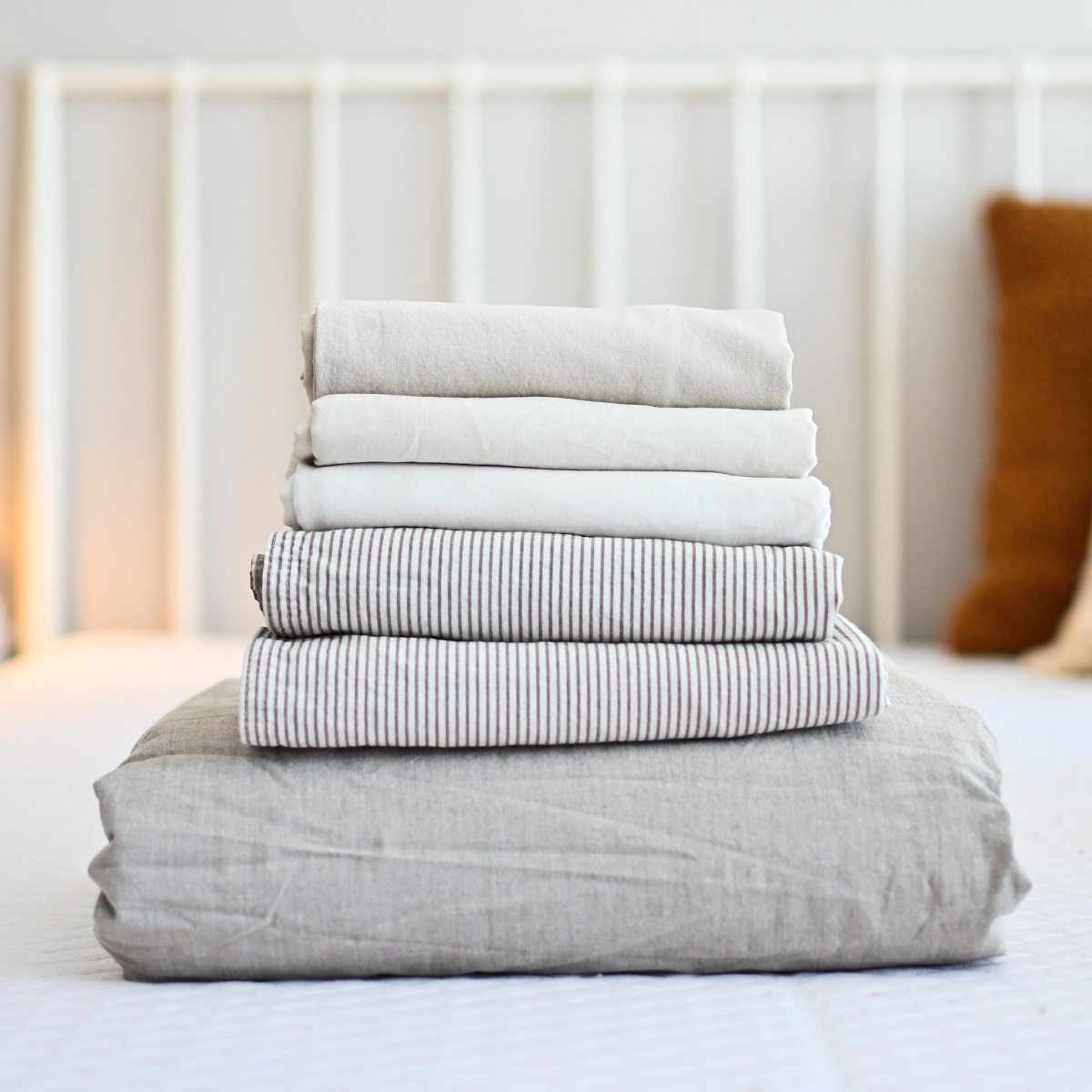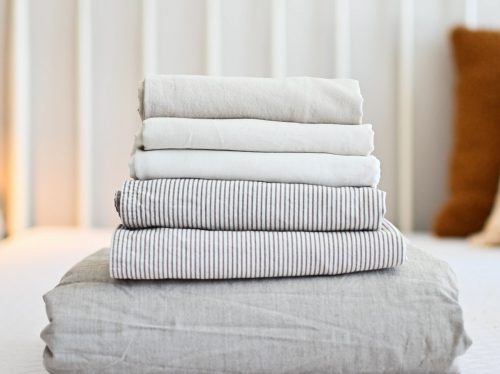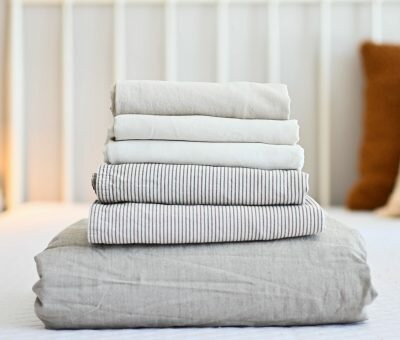How often do you wash your bed sheets?

Surveys have repeatedly shown that many people do not wash their bedsheets enough (which is to say, more than half in surveys wash their sheets a few times a month or just once a month). While that is convenient, it leaves many exposed to germs and pathogens that can have potentially serious effects, like wound or skin infections, pneumonia and urinary tract infections. It is, therefore, important that you wash your bedsheets at least once a week.
According to Dr Elizabeth Kembabazi, a physician at AAR, allergies are caused by allergens such as eczema, dirt, cosmetics and dust, which may lead to symptoms like itching and swelling.
Overtime, bedsheets accumulate sweat, grease and dirt which may eventually lead to allergies if not washed regularly.
A report study by National Library of Medicine, showed that 40.5 percent Ugandans have Asthma. Although sometimes it is known to be genetic, sleeping on dirty bedsheets can trigger allergies or worsen asthma among patients.
The thought of this chore is frustrating but the trick is to make sure you add it to your reminders so that you do not forget. Here is why you should wash your beddings more often:
Sweat
During the night, our bodies produce sweat, salt and sebum due to the varying weather conditions and the many warm types of beddings. This sweat is full of bacteria and yeast, so its accumulation on the sheets can lead to bacteria/yeast infections. Furthermore, this attracts dust mites, which are a hinderance for people with dust mite allergies and eczema.
Sleeping with make-up on
Research shows that one in four women go to bed with make-up even when they know the various side effects attached to it. Those late nights in the bar or at work when you return home so tired you can’t even get to the sink, deciding to deal with removing your make up the next day comes with consequences. Make up residue will build up and allow bacteria to thrive while those oils rubbing against your body could result into skin irritation or acne. It is therefore advisable to wash your pillowcases once every week.
Pet owners
Pet lovers totally agree that cats love warm places better than anything, they like to cozy up. Most of them find comfort in their owner’s company and they might follow you to bed. Remember pets shed dead skin too and their fur carries dirt which can cause dermatitis resulting in dry, itchy skin. Pet fur can also be a habitat for fleas, bugs, mites and ticks which once they get onto your bedsheets, they can become a nightmare.
Allergies or asthma
Sleeping on dirty sheets can trigger or worsen allergies and asthma. It is important to know what you are most allergic to. For people who experience allergies or asthma, it is advisable to get your bedsheets cleaned more frequently to improve your symptoms. To avoid allergic reaction after washing, use gentle non-perfumed detergent and iron before the next use.
Drooling while you sleep
This is one of the reflexes that can’t be controlled while sleeping. This then leads to staining of the sheets which eventually accumulate dirt. Saliva contains yeast and bacteria which may lead to multiple infections and breakouts. Therefore, it is important to frequently wash pillowcases.
Eating/ snacking in bed
This is very common among people who live alone or have no families and love to bask indoors. Snacking in bed especially on cold days is heavenly, but have you considered the after effects? Eating in your bed is not a good idea because it’s an invitation to pests like ants, flies and even cockroaches. If you’re a culprit of this habit, ensure that you wash your bedsheets weekly to avoid attracting insects to your bed.
You suffer from colds often.
If you often experience a stuffy nose and colds or are sick, you need to ensure that you wash your bedsheets at least twice a week. Pathogens, virus and bacteria easily spread due to the diseases. In such situations it is advisable to wash in high temperatures to completely get rid of these viruses and iron if possible.
If you surely can’t find time to wash your sheets, keep at least five pairs or pass by the drycleaners and get your linen cleaned up often to avoid the above effects.
thepearluganda





































